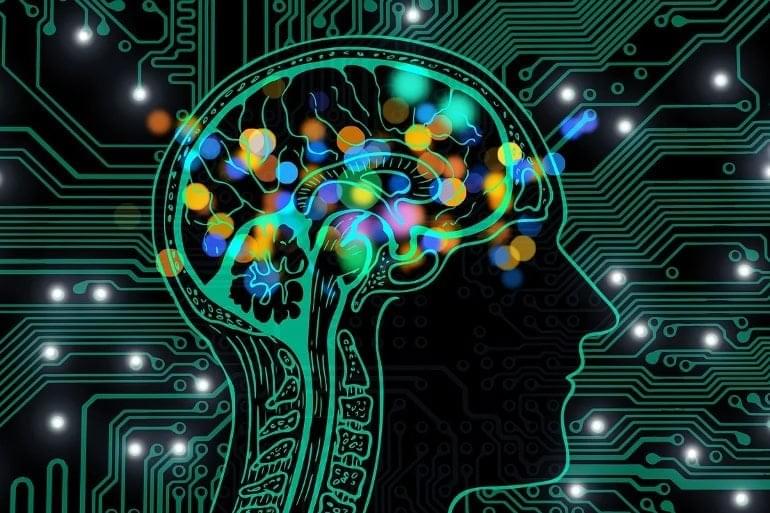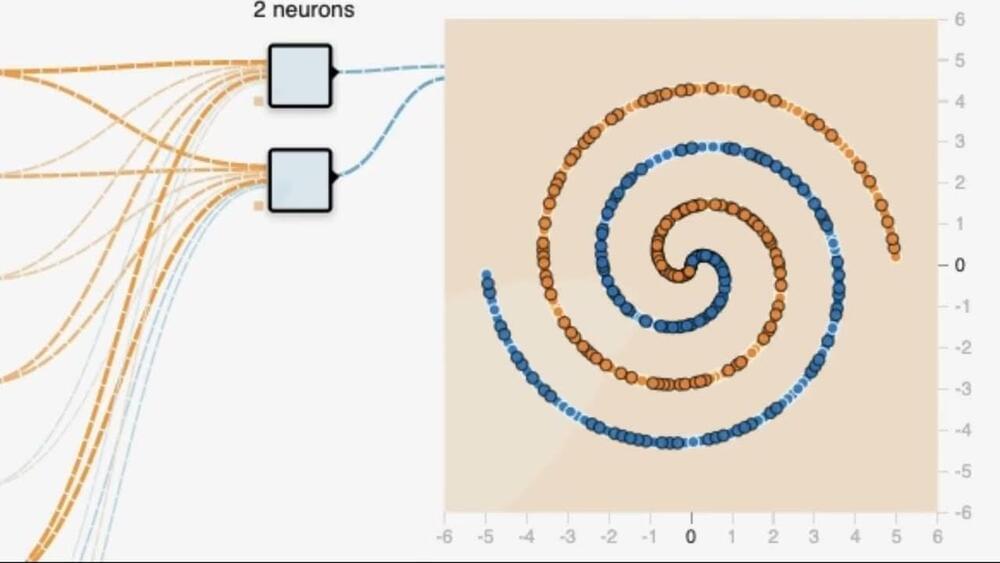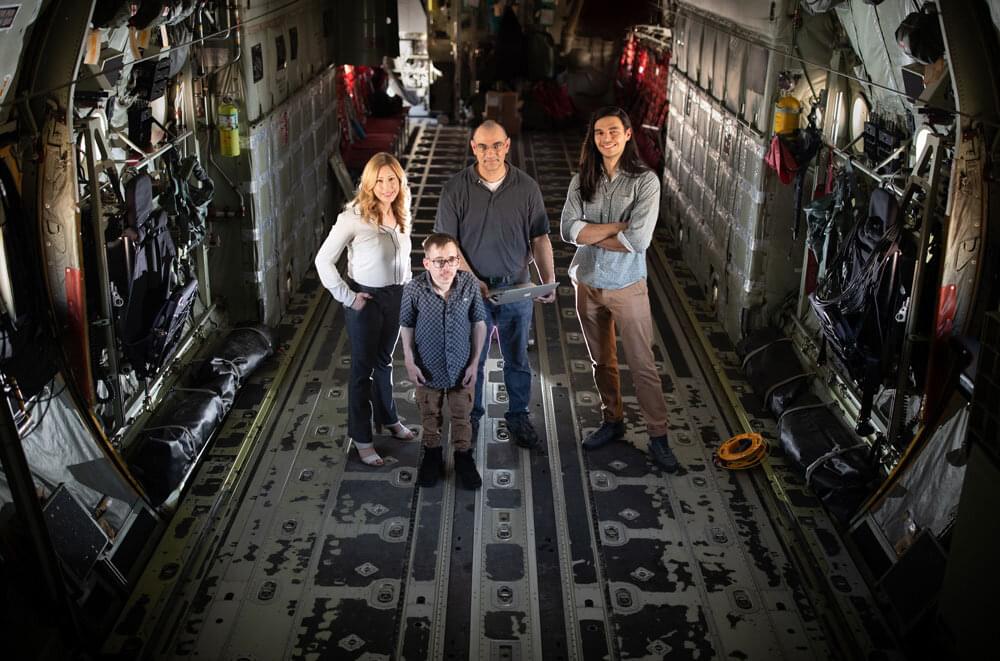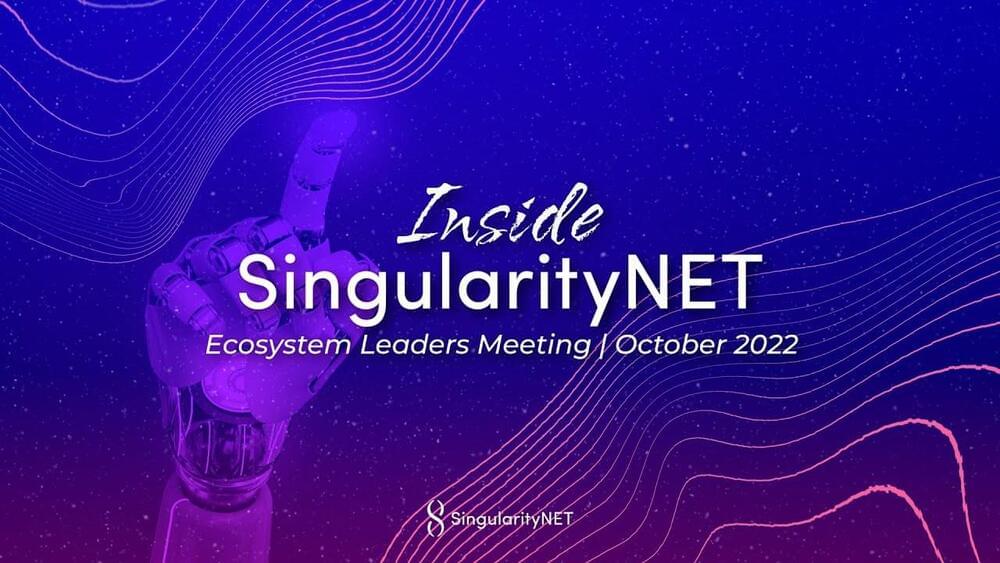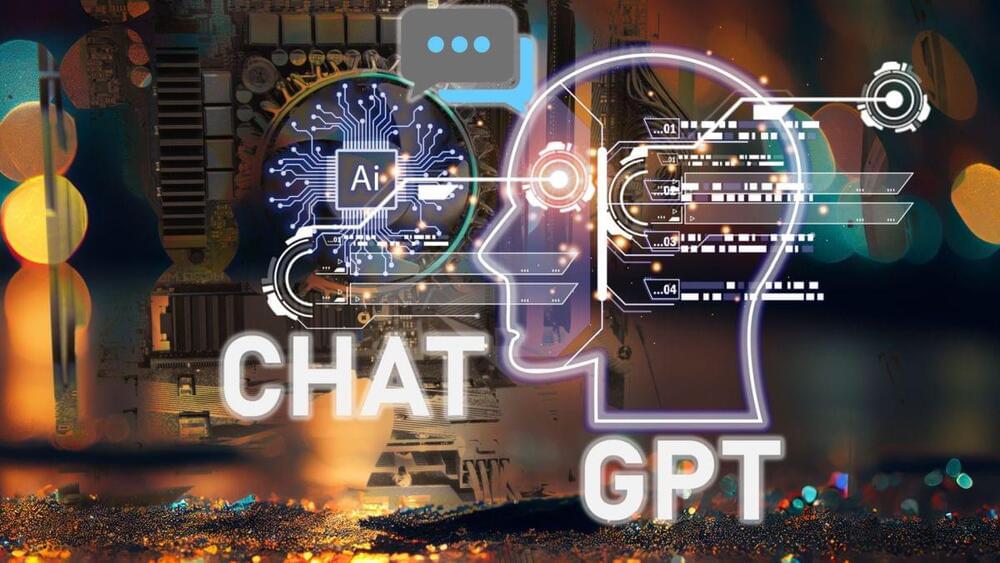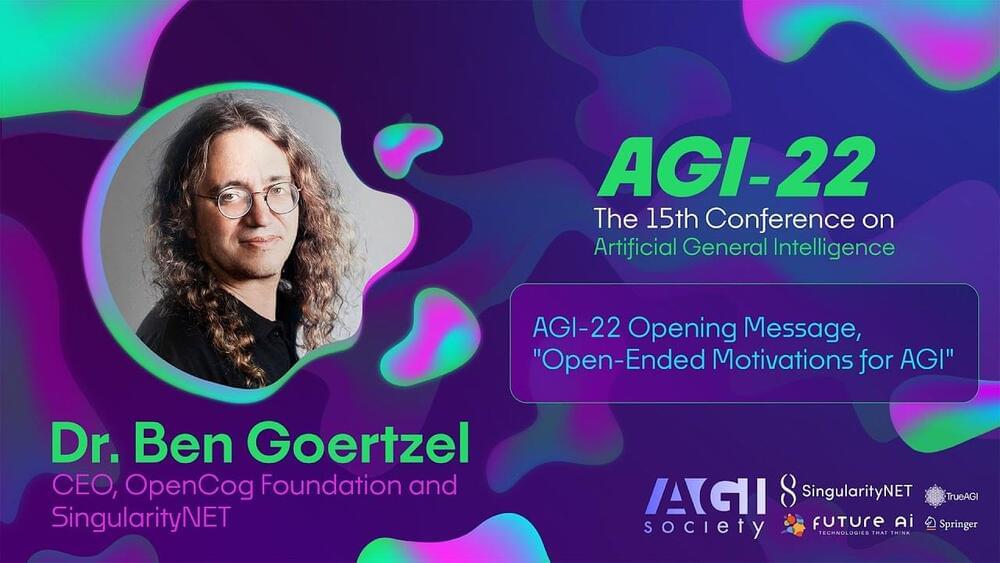Mar 3, 2023
Having Trouble Understanding Quantum Machine Learning?
Posted by Paul Battista in categories: information science, quantum physics, robotics/AI
Do you want to get started with Quantum Machine Learning? Have a look at Hands-On Quantum Machine Learning With Python.
This article will explain the most important parts of the Quantum Approximate Optimization Algorithm (QAOA). QAOA is a machine learning algorithm that you can use to solve combinatorial optimization problems.

